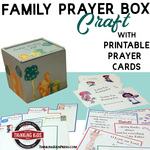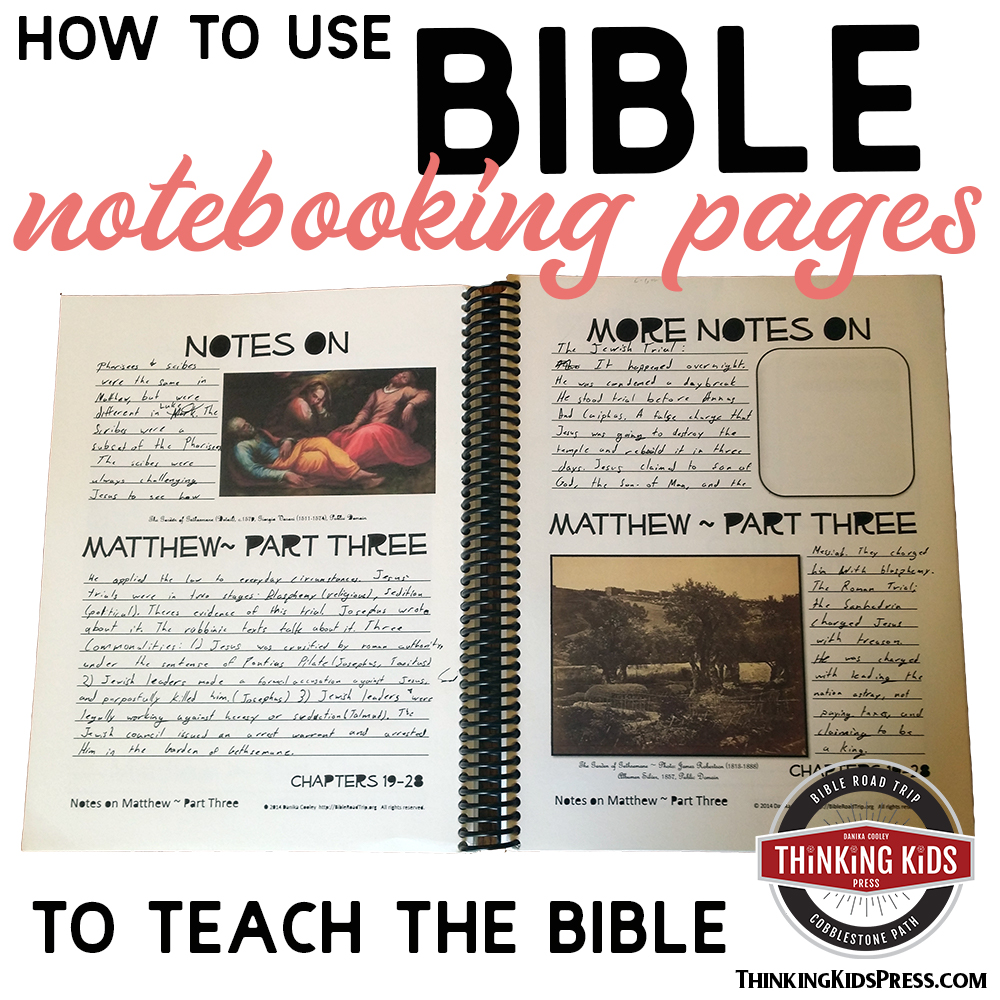
The Lord was good to me, and the van didn’t roll.
It seems that a young man, stopped in the middle lane of a highway, decided to turn left while reading a map. That was a problem–you see, I was already driving along in the left-hand turn lane. Thankfully, my children weren’t in the van at the time of impact.
My life was derailed for a time by an unexpected event that left me with a sprained neck, back and foot, and a van that needed a little TLC.
Note: This post first published in January, 2014.

The Unexpected in Homeschool
When I first started homeschooling, I would read homeschool forums across the internet, desperate for advice and camaraderie. One of the most common questions I’d see was, “What do we do if someone gets sick?”
It’s a fair question, I think.
Let’s face it–sometimes unexpected events occur. In homeschooling, there are no substitute teachers. Relatives visit, children get sick, moms fall ill or injured, or dads end up at home on days they were expected to be working. My own years of homeschooling have never gone quite as I planned them.
Not to worry, friend. You, your children, and your homeschool can survive the unexpected. Here are few pointers on how to cope with the unexpected in your homeschool.

How to Cope with the Unexpected in Homeschool
1) Take a deep breath.
You’re faced with an unexpected life event. Relax. God knew all about this moment long before it ever occurred.
Proverbs 19:21 (ESV) says: “Many are the plans in the mind of a man, but it is the purpose of the Lord that will stand.”
Only the Lord knows why an unexpected event has intruded on your life. But we can trust that he knows what he’s doing. W e also know that he’ll work all things to the good of those who love Him and are called according to His purpose. (Romans 8:28)
2) Consult the Plan
As we read above in Proverbs 19:21, we can have many plans, but at the end of the day, only the Lord’s purpose will stand.
That doesn’t mean it’s wrong to have a plan for the year. It just means our plan belongs to God. Take a look at your plan and determine where you have room for change. Maybe you can condense a few weeks of history and science to allow for some time off. Perhaps you will need to extend your school year or shorten a break.
The nice thing about having a written agenda is that you can make changes to your year without completely changing course.

3) Make a Clear Decision
Do you have a cold? Take 2 days off.
Are you scheduled for major surgery? Plan for a few weeks.
Is your mom coming into town? Decide how you can best honor her during her visit. If it’s a long visit, think about how you can homeschool a little differently so that you’re not totally derailed, but the kids still have plenty of time with Grandma.
It’s a good idea to remember that with older kids, homeschooling isn’t always an all or nothing proposition. Even when you’re not available, your kids may still be able to do a fair amount of work on their own. We rarely cancel reading and math, regardless of what else is occurring.
4) Communicate Your Decision
It’s best to let everyone know what you’ve decided.
Kids thrive on structure, and they dislike surprise classes.
Likewise, I know the principal of our school always likes to be informed (if not consulted) of changes to the routine.

5) Get Back on Track
It’s absolutely acceptable (and sometimes downright necessary) to alter your original homeschool plan.
It’s a fact of life: we all need a break once in a while. Deciding in advance to allow yourself time to deal with real life can head off guilt and anxiety over unexpected events.
Once your surprise event is over, though, plan to jump back in to your educational venture.
Your school year may never turn out quite like you expected it to, but the Lord knew all along what you’d face this year.
Books Make Great Gifts!
Teach Your Kids the Bible with Bible Road Trip™

Bible Road Trip™ is a three-year Bible survey curriculum. Take your family through the Bible five times from preschool to high school.
To help you get the most out of your studies, Bible Road Trip™ has an array of coordinating weekly activities:
- Researching the section of the Bible you’re studying
- Reading and discussing the Bible
- Memorizing Scripture
- Notebooking about your studies
- Praying for the nations
- Suggestions for further study
- Crafting about what you’ve learned
- For your older students: A project to share what they’ve learned
- Bible Road Trip™ also has some great tools you can use along with it, such as:
- Notebooking Journals for grades 1-9. Want a structured notebooking journal for high school? Don’t hesitate to use the Dialectic journal (grades 7-9).
- Bible Memory Card Sets for all five levels of study, preschool to high school. These are available in both ESV and KJV.
Grab your Bible Road Trip™ Year One Sample Pack. You’ll get:
- The Bible Road Trip™ Parent / Teacher Guide.
- The first three weeks of the curriculum for all five learning levels. Week Three is where we really dive into the Bible and begin to our systematic study. Week Three will give you a good feel for the rest of the curriculum.
- The first three weeks of the Bible Memory Card sets for all five levels, in ESV and KJV.
- The first three weeks of each of the three leveled Notebooking Journals.
Grab the Sample Pack for FREE:

Disciple your kids by taking your family through the Bible together in a meaningful way!

Bible Road Trip™ Curriculum
Take a look inside the Bible Road Trip™ curriculum! Let me show you around:
Bible Resources for Your Kids
Learn More HereLearn More HereLearn More HereLearn More HereLearn More HereLearn More Here
More Thinking Kids Posts You’ll Love

Join the newsletter

Get the Family Prayer Box Project FREE!
Teach your children to pray with this fun project that includes 7 printable sets!






























































































































































Thankful that you are alright!!!!